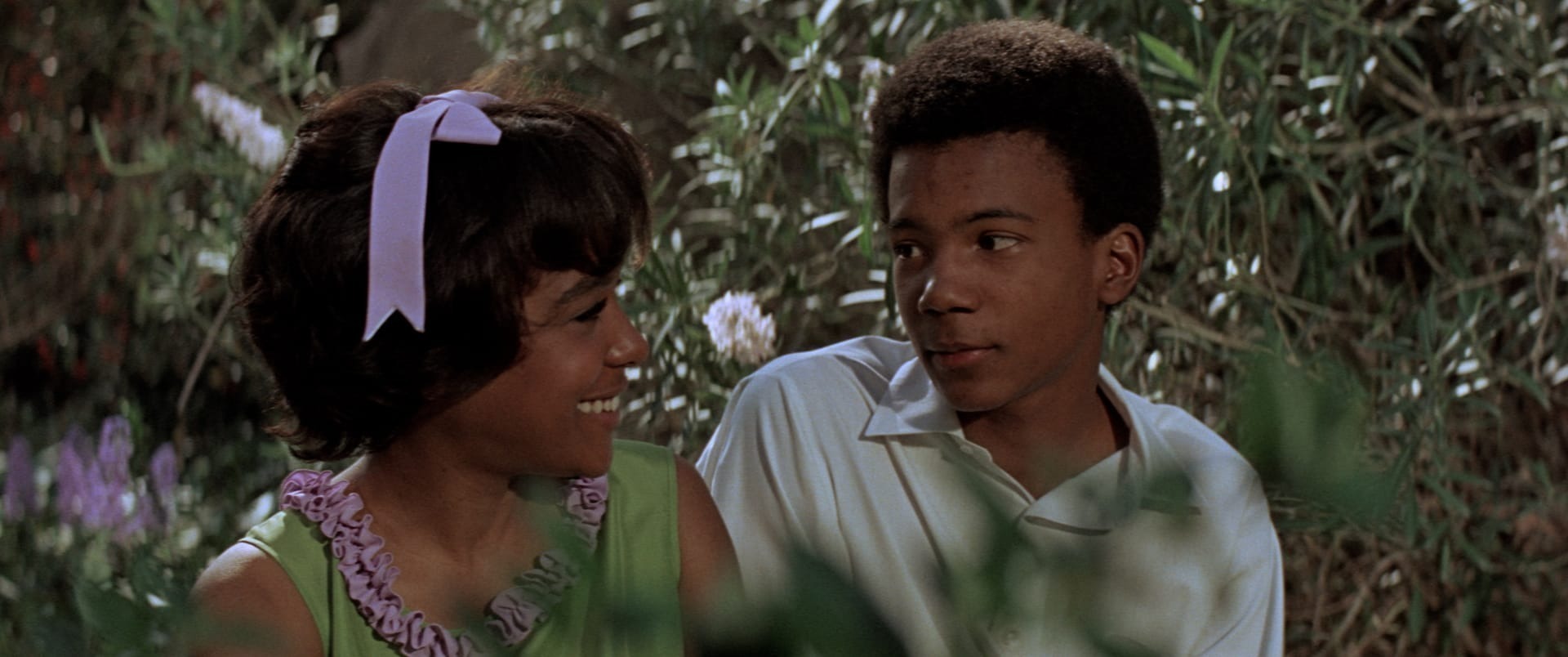The Learning Tree: Personal History

The Learning Tree may have been Gordon Parks’s first feature film as a director, but by the time filming began in the fall of 1968, Parks already had almost three decades of experience behind a camera. In 1940, the self-taught photographer started a portrait business in Chicago and took up street photography on the side, before long landing a steady job with the government’s Farm Security Administration in Washington, D.C. When the FSA became part of the new Office of War Information in 1942, Parks transferred there, photographing the Tuskegee Airmen. After the airmen went to war, he moved to New York and went freelance, with clients including Glamour and Vogue. A 1948 photo-essay about a Harlem gangster led to a historic, color-barrier-breaking twenty-four-year tenure at Life magazine, for which he took some of the most striking images of the twentieth century, from a glamorously pensive Ingrid Bergman on the set of Stromboli (1950) to the lone figure peering out from a Harlem manhole in Emerging Man, from his 1952 series of photographs inspired by Ralph Ellison’s Invisible Man. After publishing two books on his craft, Parks wrote The Learning Tree, a semi-autobiographical novel about his youth in Fort Scott, Kansas. Released in 1963, this book would allow him to make history yet again.
To hear the late, legendary filmmaker Melvin Van Peebles tell it, the genesis for Parks’s decision to adapt The Learning Tree came when the two men met unexpectedly on the Champs-Élysées in Paris in 1967. At the time, Parks was keeping company with an ex-nun. The trio retired to a screening room to see The Story of a Three Day Pass, the film Van Peebles had recently adapted from his own French-language novel La permission. Parks was impressed by the evident freedom Van Peebles felt in adapting his own work. “You gave me hope,” he tells Van Peebles in Unstoppable, a 2005 television documentary in which the two are interviewed, along with Ossie Davis, by Warrington Hudlin.
It was another independent-cinema maverick, John Cassavetes, who thought that The Learning Tree would make a great movie, especially if helmed by its author. In early 1968, he set up a meeting between Parks and Kenny Hyman, the head of production at Warner Bros.–Seven Arts. Cassavetes personally introduced the two, then disappeared because he and Hyman were not then on good terms. As Parks stared at a copy of his book laying on the head honcho’s desk, he was offered the chance not only to direct but also to adapt the screenplay and compose the score as well. As if that weren’t enough, Parks was also asked to produce the film.

“For the first time on a studio feature, the eye atop the viewfinder had a firsthand, lived-in knowledge of the African American lives being depicted in front of it.”






